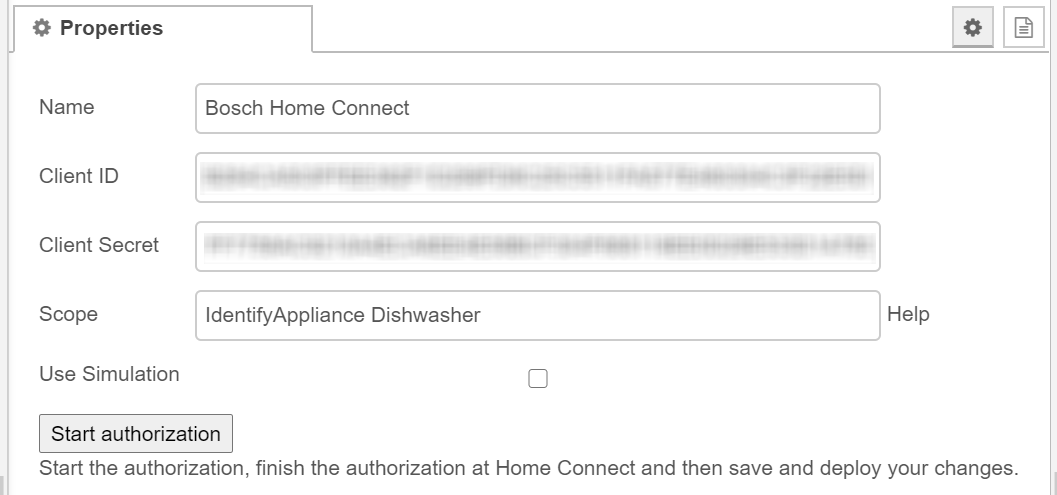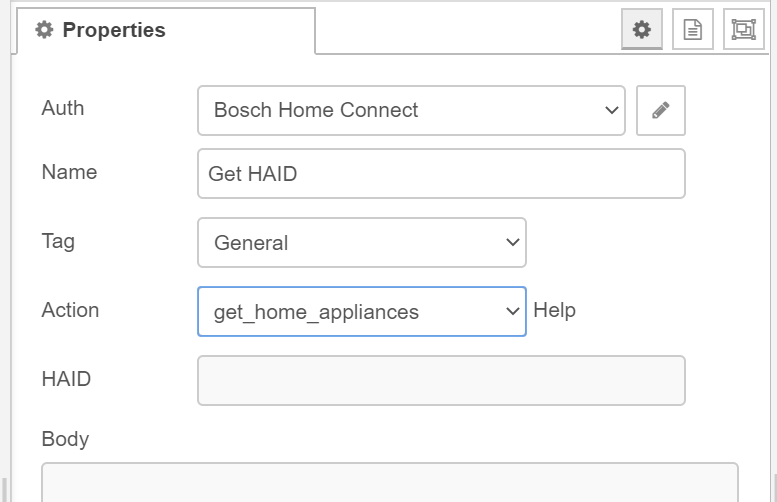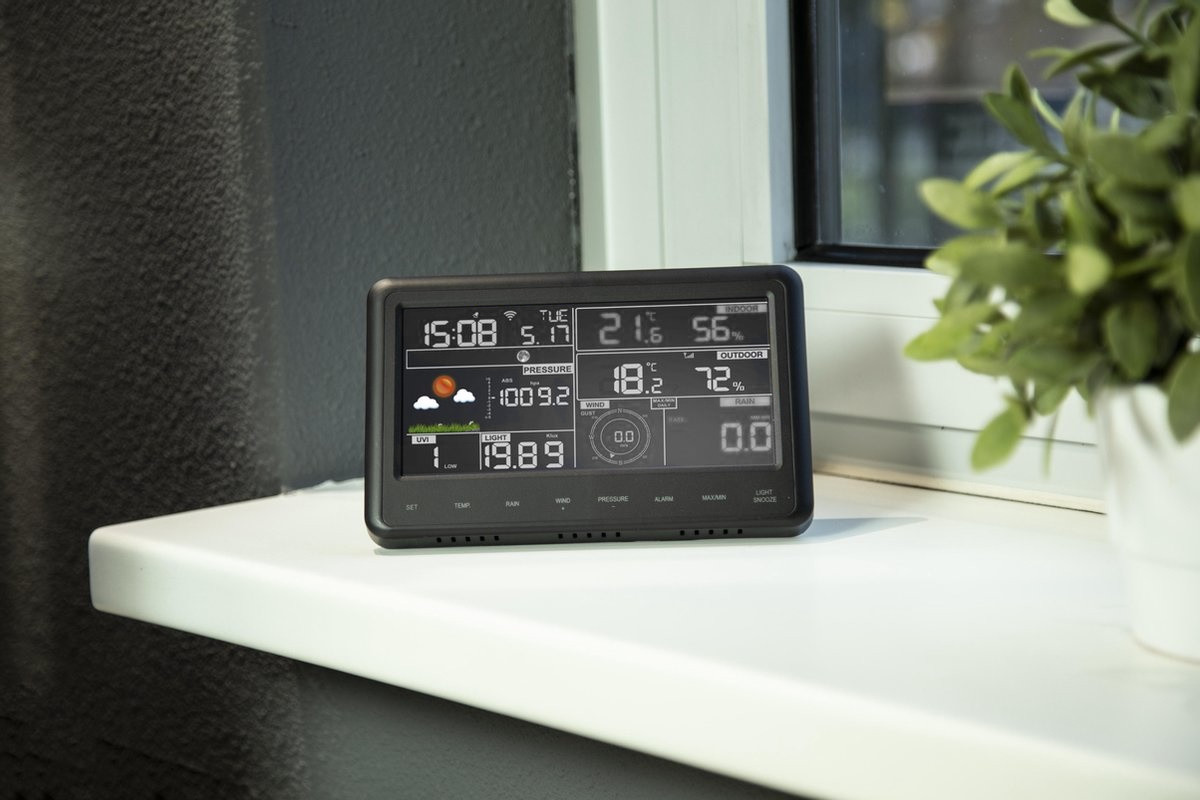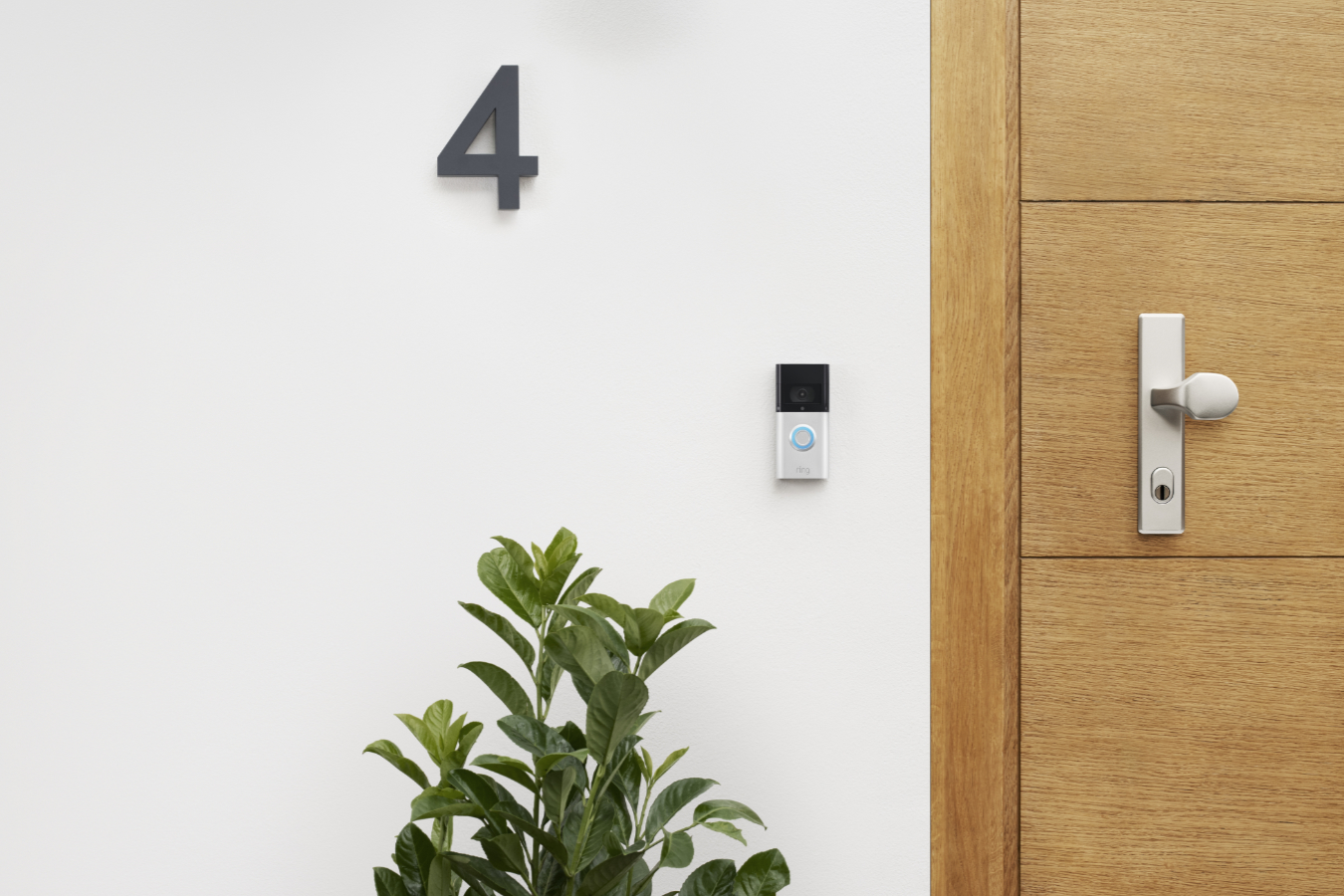Smart Energy Management: control your Bosch dishwasher!

In this article, I'll show you how you can detect when your solar panels add energy to the grid and use this energy to trigger your dishwasher and save costs.
Summary
In the Netherlands there is a law that if you generate more sustainable energy via solar panels than you consume from your energy supplier when the sun is not shining, the energy that you have delivered back to the public network is deducted from this. The energy is stated in kWh and this deduction is called netting.
The government has decided to gradually phase out the netting in 2023. This makes it very important to use the energy of your solar panels as smartly as possible. That is why we are already trying to adapt as much as possible by using devices that require a lot of energy during the day.
One of these devices is our dishwasher made by Bosch. The dishwasher has the Home Connect function available, so why no use it to automate the start of the washing when there is more energy delivered from the solar panels than the other devices in our house at that moment need.
TL;DR
- Read energy return from our Smart Meter.
- Check if the dishwasher is ready to do the dishes.
- Start the dishwasher program when the solar panels deliver more energy than the house consumes.
- Program it with as little API and network traffic as possible.
Why I chose Node-RED
If you read my previous articles you know I use the Fibaro System as base of my domotica system. Why do I make this smart energy system with Node-RED and not with LUA on the Home Center?
That is because with the Home Center 2 I can not trigger actions based on events. You have to poll an API for new data, and I want the dishwasher virtual device to be instant updated. Also I don’t want to poll API’s to much because most public API’s like Bosch Home Connect has limits requesting the API.
Prerequisites
Before you can start with this awesome stuff you must have the following in place:
- Your dishwasher must be connected to Bosch Home Connect.
- Node-RED must be installed.
- DSMR Reader must be installed and the API enabled in the configuration settings.
Note: This article is based on a 3-phase power connection, find the correct phase where the dishwasher is connected to and write this down to use later.
How the flow works
To minimize polling API’s the dishwasher-event node listens to the Home Connect events. If remote control is activated on the dishwasher a flow variable is set. Every day from 09:00 to 14:00 another inject node checks every 5 minutes if the variable is set. If this is true it start polling the kW returned energy on the correct phase in DSMR reader. The Eco 50°C program runs 2,5 hours, so after 14:00 the dishwasher should always start, else the dishes are not ready when I come home from work.
Home Connect node installation
First install the node-contrib-home-connect node in your Node-RED environment:
npm install node-contrib-home-connect
Set up authentication with the Bosch Developer API
To use the Home Connect nodes a Client ID and Client Secret are required. Those can be received from the Home Connect Developer Portal.
After setting up an account, register a new application and select Authorization Code Grant Flow as the OAuth Flow.
Set the Redirect URI to http://<ip-address>:<port>/homeconnect/auth/callback. Set the ip-address and port to match your Node-RED installation.
Configure the Home Connect Auth node
The home-connect-auth node handles the authentication for the Home Connect Developer API.
Note: Start the authorization from the edit
home-connect-authdialog, finish the authorization at the Home Connect website and then save and deploy your changes.
Use the following settings in the properties dialog:
| Property | Information |
|---|---|
| Name | Name of the node (optional) |
| Client Id | Client ID from the Home Connect Developer Portal |
| Client Secret | Client Secret from the Home Connect Developer Portal |
| Scope | IdentifyAppliance Dishwasher |
| Use Simulation | Not selected |
Get the HAID of your dishwasher
To direct access the dishwasher you need the haId of the device. At first I didn’t know how to get this, but I figured out you have to add IdentifyApplicance to the Scope of the home-connect-auth node, else you don’t have the authorisation to read general appliance settings:

Create a new flow to trigger a get_home_appliances action with the home-connect-request node to get information about all your appliances connected to Home Connect:


If you trigger this flow you get a payload in de debug messages sidebar with all your connected appliances:
{
"homeappliances": [
{
"name": "Vaatwasser",
"brand": "Bosch",
"vib": "SBEXXXXXXX",
"connected": true,
"type": "Dishwasher",
"enumber": "SBEXXXXXXX/00",
"haId": "BOSCH-SBEXXXXXXX-0123456789AB"
}
]
}
Write down the haId value to use it later.
Check for dishwasher events
The Node-RED flow starts with the correct dishwasher event by using the home-connect-event node. A function node parses the event and a decision is made what to do next.
First I read if the remote control button is pressed on the dishwasher button panel:
if (msg.payload.key == 'BSH.Common.Status.RemoteControlStartAllowed') {
if (msg.payload.value === true) {
flow.set("CheckForDishwasherStart", true);
node.status({fill:"green",shape:"ring",text:"RemoteControlStartAllowed: True"});
}
else {
flow.set("CheckForDishwasherStart", false);
node.status({fill:"yellow",shape:"ring",text:"RemoteControlStartAllowed: False"});
}
}
When you press the button the BSH.Common.Status.RemoteControlStartAllowed key is set to true. Then I set a flow variable CheckForDishwasherStart to true to start polling of the DSMR Reader API to check how much power is returned on the dishwasher phase.
Check for energy return
Every 10 minutes between 09:00 and 18:00 I check if the flow variable CheckForDishwasherStart is set to true. I start to check at 09:00 because before this time I don’t want the dishwasher to be running. When the variable is set to true I start polling DSMR Reader.
DSMR Reader request
To get the last telegram from the smart meter I set a time interval of -1 minute to now and get the last reading in that time:
var server = 'http://192.168.1.1';
var authkey = 'XXXXXXXXXXXXXXXXXXXXXXXXXXXXXXXXXXXXXXXXXXXXXXXXXX';
var dt = new Date()
var current_date = dt.getDate();
var current_month = dt.getMonth() + 1;
var current_year = dt.getFullYear();
var current_hrs = dt.getHours();
var current_mins = dt.getMinutes();
var current_secs = dt.getSeconds();
// add 0 before date, month, hrs, mins or secs if they are less than 0
current_date = current_date < 10 ? '0' + current_date : current_date;
current_month = current_month < 10 ? '0' + current_month : current_month;
current_hrs = current_hrs < 10 ? '0' + current_hrs : current_hrs;
current_mins = current_mins < 10 ? '0' + current_mins : current_mins;
current_secs = current_secs < 10 ? '0' + current_secs : current_secs;
var pdt = new Date(dt);
pdt.setMinutes(dt.getMinutes() - 1);
var past_date = pdt.getDate();
var past_month = pdt.getMonth() + 1;
var past_year = pdt.getFullYear();
var past_hrs = pdt.getHours();
var past_mins = pdt.getMinutes();
var past_secs = pdt.getSeconds();
// add 0 before date, month, hrs, mins or secs if they are less than 0
past_date = past_date < 10 ? '0' + past_date : past_date;
past_month = past_month < 10 ? '0' + past_month : past_month;
past_hrs = past_hrs < 10 ? '0' + past_hrs : past_hrs;
past_mins = past_mins < 10 ? '0' + past_mins : past_mins;
past_secs = past_secs < 10 ? '0' + past_secs : past_secs;
lte = current_year + '-' + current_month + '-' + current_date + ' ' + current_hrs + ':' + current_mins + ':' + current_secs;
gte = past_year + '-' + past_month + '-' + past_date + ' ' + past_hrs + ':' + past_mins + ':' + past_secs;
msg.payload = encodeURI(server + '/api/v2/datalogger/dsmrreading?limit=1&ordering=-timestamp×tamp__gte=' + gte + '×tamp__lte=' + lte);
msg.headers = {};
msg.headers['X-AUTHKEY'] = authkey;
return msg;
The message created by this function is passed to a http request node.
Read how much energy is returned
My dishwasher is connected to phase 2, therefore I read the variable phase_currently_returned_l2 from the DSMR Reader API JSON response.
The response is parsed in the script as follows:
- If it is tuesday and between 10:00 and 14:00 don’t start the dishwasher bevause the heatpump needs all electricity for it’s anti legionella program.
- If the current return on phase 2 is more than 1000 W, then pass message through.
- If it is after 14:00, then always start the dishwasher, so it is ready when I arrive at home from work.
var phase_currently_returned_l2 = parseInt(msg.payload.results[0].phase_currently_returned_l2.split('.').join(""));
var d = new Date();
var h = d.getHours();
var m = d.getMinutes();
var n = d.getDay();
var dd = d.getDate();
var mm = d.getMonth()+1;
if(dd < 10) { dd = '0' + dd; }
if(mm < 10) { mm = '0' + mm; }
if(m < 10) { m = '0' + m; }
var statusText = phase_currently_returned_l2 + ' W return (' + dd + '-' + mm + ' ' + h + ':' + m + ')';
// if it is tuesday and between 10:00 and 14:00 do nothing because the heatpump gets all
// electricity for it's anti legionella programma
if (n == 2 && h >=10 && h <14 ) {
statusText = 'halt due heatpump program! (' + dd + '-' + mm + ' ' + h + ':' + m + ')';
node.status({fill:"red",shape:"ring",text:statusText});
// set msg to null to end flow processing.
msg = null;
return msg;
}
else if (phase_currently_returned_l2 > 1000) {
// if current W on phase 2 is more than 1000 pass message through.
node.status({fill:"green",shape:"ring",text:statusText});
return msg;
}
else if (h >= 14) {
// always start dishwasher program after 14:00
statusText = statusText + ' (override)';
node.status({fill:"green",shape:"ring",text:statusText});
return msg;
}
else {
node.status({fill:"yellow",shape:"ring",text:statusText});
// set msg to null to end flow processing.
msg = null;
return msg;
}
Finally start the dishwasher
If all the above check are ok, the last check is to see if the door is still open. If the door is closed the polling state is set to false and the Eco 50°C program is started to wash the dishes!

More information
- https://developer.home-connect.com/docs/



